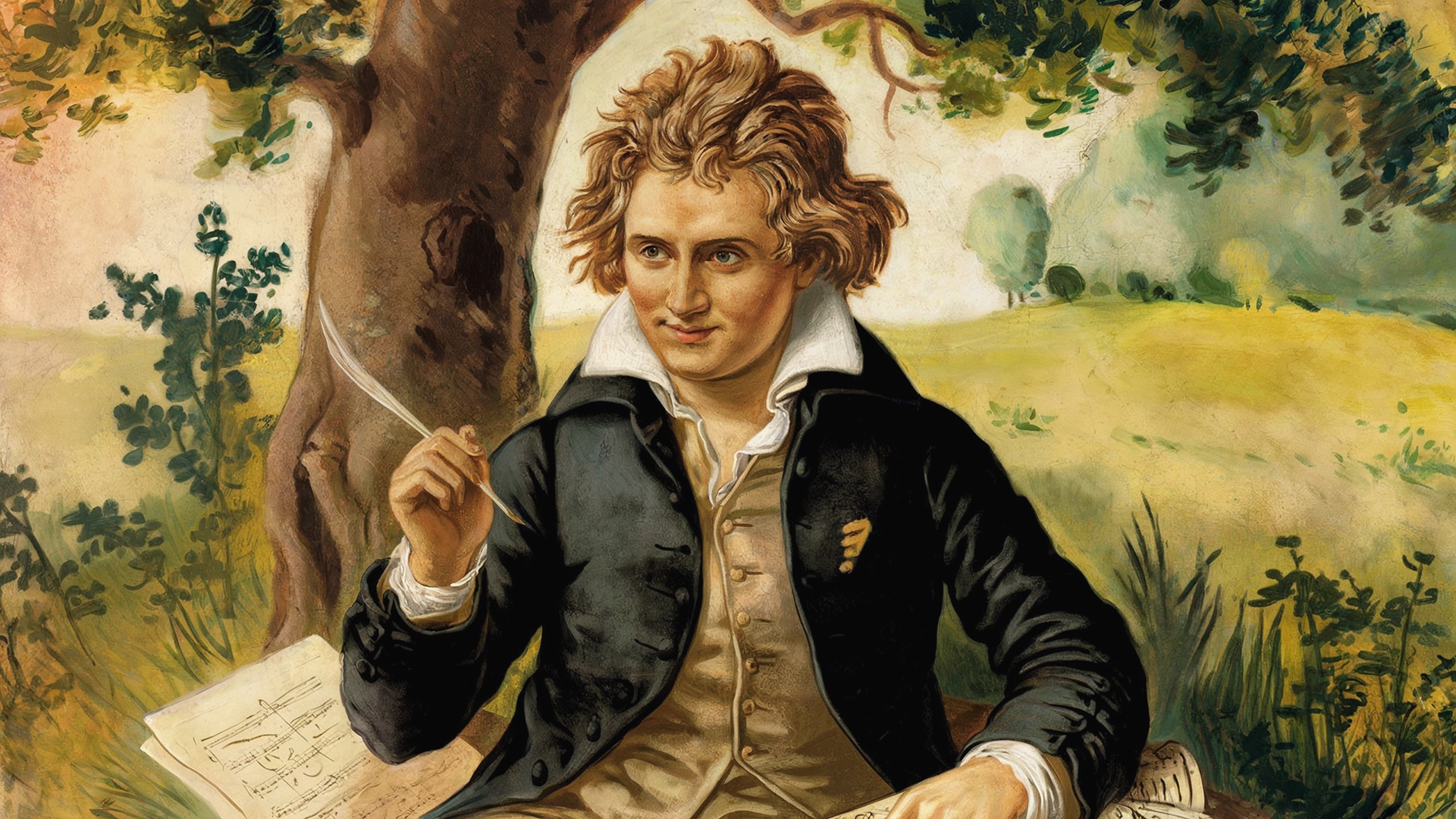
The Foundation for a Better Life
Listening from the Heart.
Ludwig Van Beethoven wrote some of his greatest works when he couldn’t hear a note.
By The Foundation for a Better Life
While America was struggling to define its independence in the late 1700s, the upper echelons of European society were exploding with creativity. In a small Austrian town, a young musical prodigy was performing in the court chapel. The boy was studious and serious. He was taught by his father until the age of 11, when he was shipped away to Vienna to further his studies.
This young Ludwig Van Beethoven would soon impress his teachers and begin a creative streak that would last decades. His foster family provided the love and support Ludwig had not gotten from his alcoholic father. This love brought out the best in the young man. He composed pieces for piano and organ and, by age 20, had full symphonies at his command. He studied with the famous composer Franz Joseph Haydn, and when Mozart passed away at a young age, Beethoven was seen as the creative heir apparent.
Yet, because he was strapped for money, he spent a great deal of his time teaching and performing. This experience helped shape his work ethic as well as his musical breadth. He played the violin and the viola as well as the piano, organ and harpsichord. His experience on stage gave him a great sense of how music moves an audience, how certain notes carry in large spaces, how rhythms and tones evoke emotions. And his disciplined approach to the technique and mathematics of composition would carry him through his later life.
In his mid-twenties, Beethoven began to lose his hearing. The grand and lively compositions turned more melancholy. His work became more introspective. Unable to converse, he withdrew from a public that had no way of accommodating the deaf. Beethoven retreated to the countryside.
“How delighted I shall be to ramble for a while through bushes, woods, under trees, through grass, and around rocks,” he wrote of his migration.
Nature made no requirements of him. His senses were filled with the colors, the breezes and shadows, the changing seasons and temperatures. He composed what he was feeling straight from the heart, relying on his brilliance as a technician to pen whole symphonies without being able to hear a single note. In his soul, he could feel what he was writing. And he could see the reaction of those who heard it. Perhaps the deafness awakened in him a deeper sense of what music can do for our souls, how it connects us, uplifts and inspires, teaches and consoles.
The last piece Beethoven composed before he died was Symphony No. 9 in D Minor: Ode to Joy. It begins with a simple refrain, a summer sun crowning the horizon. Each instrument picks up the refrain, adds to it, lifts it higher, a chorus of strings bursting into full daylight, full fields of flowers, dew rising to the heavens, the mist parted by the sun, the full joy of life in concert, each worthy of a note, a story, our complete attention.
Orchestrate Joy… PassItOn.com®
Copyright ©2024 The Foundation for a Better Life. All rights reserved. Available under a Creative Commons Attribution NonCommercial-NoDerivatives 4.0 License (international): https://creativecommons.org/licenses/by-nc-nd/4.0/
The Foundation for a Better Life, a 501(c)(3) non-profit organization, gives your newspaper permission to publish these stories in print and electronic media (excluding audio and video), provided the stories are published in their entirety, without modification and including the copyright notice. For any modification, permission must first be obtained from the Foundation by emailing media-relations@passiton.com. Thank you.
We add new stories each month. If you'd like to be notified when we publish new stories, enter your information below.




